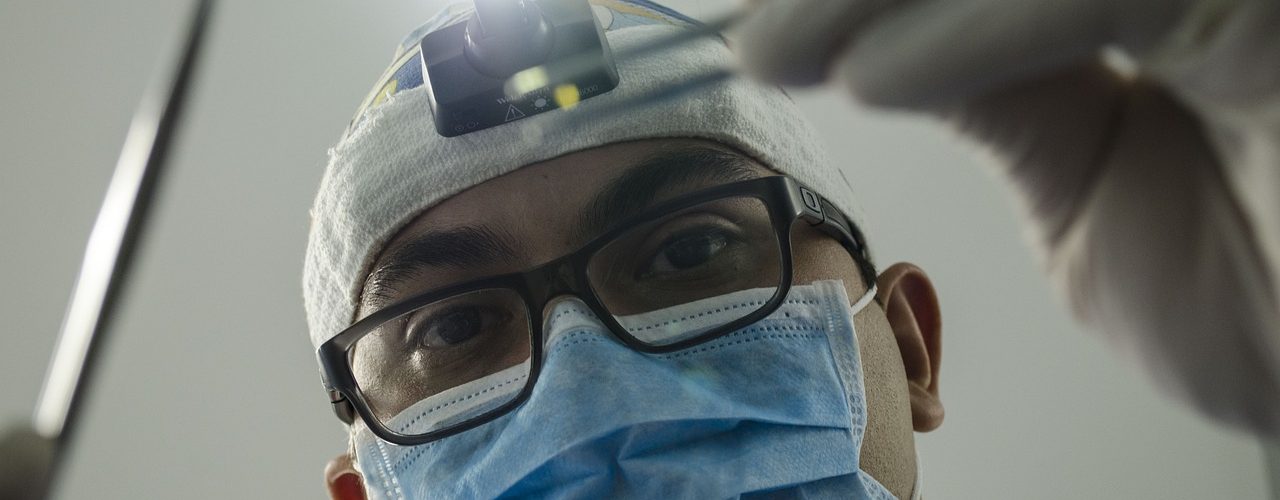In Singapore, complaints against doctors are filed with the Singapore Medical Council. The Ministry of Health has also set up a workgroup to propose improvements with the complaints process.
The workgroup recommended that anyone who makes a frivolous or vexatious complaint would be made to pay for the costs incurred in the proceedings. This is meant to deter complainants as well as to free up resources to deal with serious complaints. There is currently a substantial backlog of cases and there are currently cases that have been pending for five to six years.
Another recommendation was that complaints should not be anonymous. Currently, patients who feel aggrieved are able to submit a complaint without fear of penalty or repercussion. On the other hand, doctors on the receiving end of complaints face stress and have to take time away from their practice. With the anonymity of the complainant, while the doctor stresses about the complaint, there is no further avenue to verify the accuracy of the information provided in the complaint.
Read the full article on Channel News Asia: Frivolous complaints to Singapore Medical Council should come with costs, workgroup recommends
Analysis:
The recommendations from the workgroup come at a time where the trust between patients and doctors is being eroded. Recently, more people have filed complaints against doctors on the basis that they were not consulted on their relatives’ treatment, notwithstanding that the patients have themselves made the decisions. The procedure for redress should be reserved for important complaints and not just seen as a cheap alternative to a civil suit.
The significant delays in processing the complaints also causes stress on all parties involved. Doctors face the threat of investigation and punishment and have to take away time from their medical practice. On the other hand, patients and families with serious complaints are left hanging on with no finality to proceedings and little recourse to seek remedies.
The medical ecosystem needs to be strengthened. Doctors must be able to freely give advice to patients, and there needs to be a corresponding trust in patients of the advice. One of the ways that mutual understanding can happen between doctors and patients is through the process of mediation as a form of dealing with complaints. Through mediation, patients and doctors can talk through their issues rather than submit to the adjudication of the Singapore Medical Council.
Questions for further personal evaluation:
- Do you think that Singaporeans generally trust their doctors? Why or why not? Do you?
- Would removing the anonymity from the complaint procedure make you less likely to complain? What safeguards can there be for both the doctors and the patients?
Useful vocabulary:
- ‘vexatious’: an action or claim that is brought without sufficient grounds for winning, purely to cause annoyance to the defendant
- ‘avenue’: a way of approaching a problem or making progress towards something

